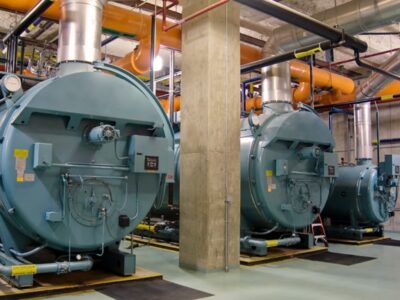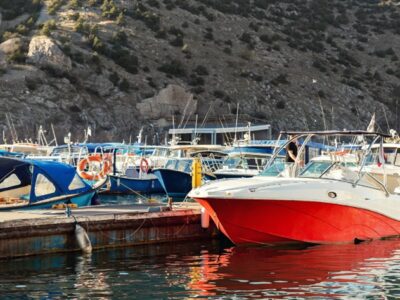If you buy a product, there is a good chance that it comes from abroad. Conversely, many products made in one country are also sold abroad. This is possible through free trade. Free trade is international trade without trade barriers. In the absence of protectionist measures, countries can easily trade products with each other. This allows countries to specialize in certain products. Below you can read more about free trade and specialization.
What are the benefits of free trade?
If there is free trade, countries can freely trade products with each other without involving protectionist measures such as import tariffs. These are special taxes on imported items. Protectionist measures make it more difficult to trade with other countries. If there are no protectionist measures between countries, there is free trade.
If there is free trade, different countries can specialize in the production of certain products. This will increase the total amount of products produced. Because each country only produces what it is good at, total production will increase and the price of products may also fall. For example, it will be cheaper for the Netherlands to get electronics or clothing from other countries if they can be made cheaper there. Dutch producers can then specialize in other products in which they have a relative cost advantage so that they can then sell them more cheaply.
If a company has a relative cost advantage over a particular product, it can achieve greater sales if it can sell that product in multiple countries. Imagine that farmers in the Netherlands can produce milk very efficiently. They can then achieve a higher turnover if they can sell that milk not only in the Netherlands but also abroad.
If these producers get a larger market, they can expand to make use of economies of scale. To gain economies of scale, producers are going to produce on a larger scale, making their products cheaper. For example, it will be cheaper for a car manufacturer to produce cars in large factories than to do this on a small scale. If car manufacturers have a large market, they can sell and expand many cars to take advantage of economies of scale.
Free trade increases competition between companies, which will lower the price of products. Imagine that a Dutch furniture manufacturer has to compete with a cheaper competitor from Sweden. To maintain sales, the Dutch producer must produce more efficient furniture, so that the furniture can be sold cheaper. In this way, the price of furniture falls for consumers.
What is Specialization?
For countries, producing certain products is easy and cheap, but producing other products can be complicated and expensive. For example, the Netherlands is good at producing food but less good at producing cars. For Germany this may be the other way around Germany can be better at producing cars than producing food. If Germany is better at producing cars and the Netherlands is better at producing food, it would be more convenient for Germany to specialize in making cars and the Netherlands in producing food. If Germany and the Netherlands were to fully specialize, Germany would only produce cars and the Netherlands only food.
What are comparative cost differences?
Which products a country will specialize in depends on the comparative cost differences between countries. If it is relatively cheaper for a country to produce a certain product, that country has a comparative cost advantage over another country. For example, if it is cheaper for the Netherlands to produce food than for Germany, the Netherlands has a comparative cost advantage in the production of food compared to Germany.
Below is a highly simplified example showing the benefits of specialization between countries. Imagine that there are only two countries in the world: the Netherlands and the United States. Together they produce two products: food and cars. Only labor is needed for the production of food and cars. The other production factors are not important.














Comments